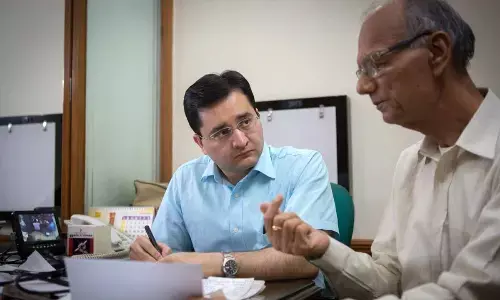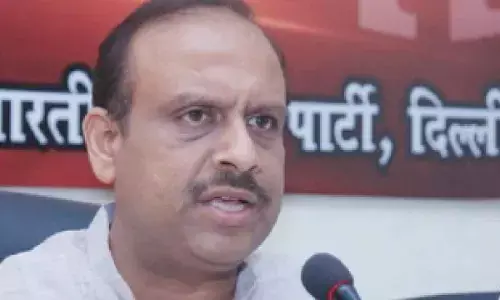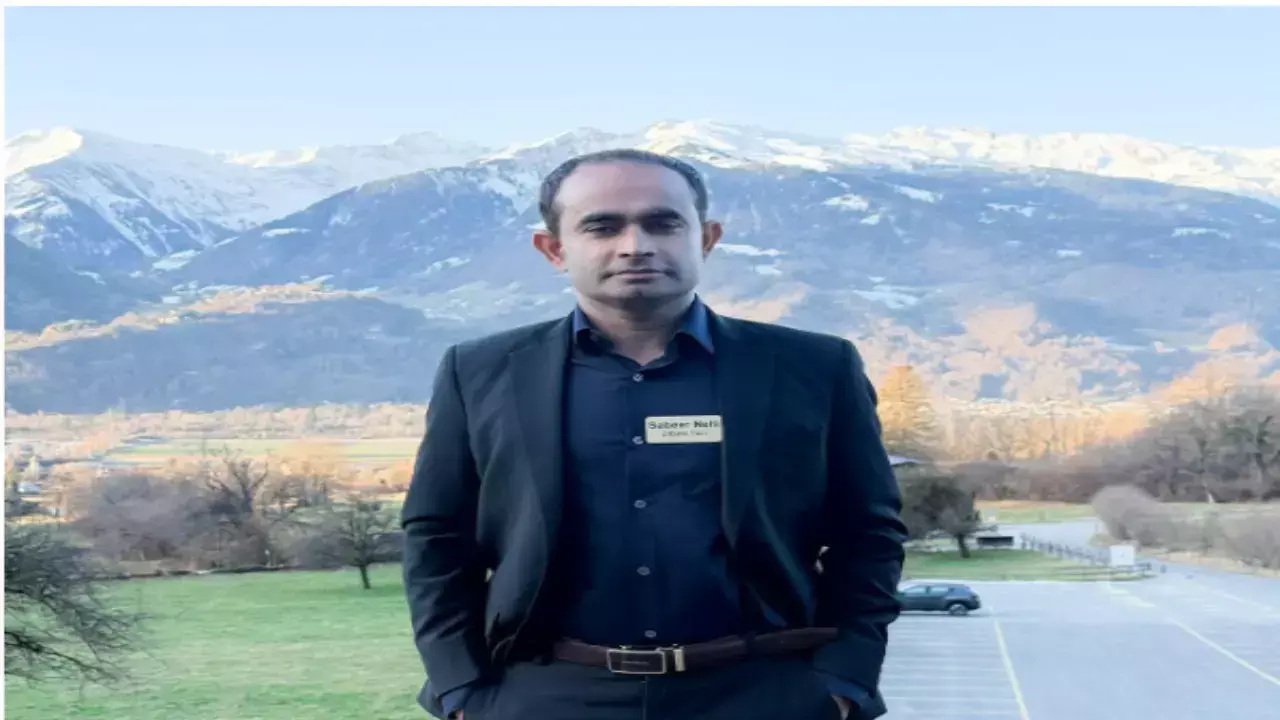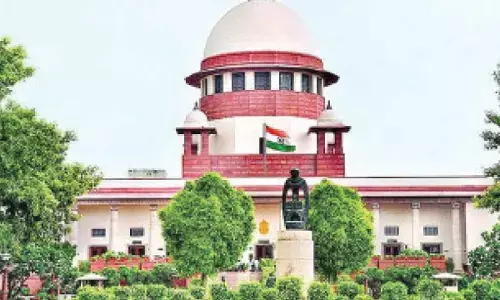Brazen misuse of airwaves should stop
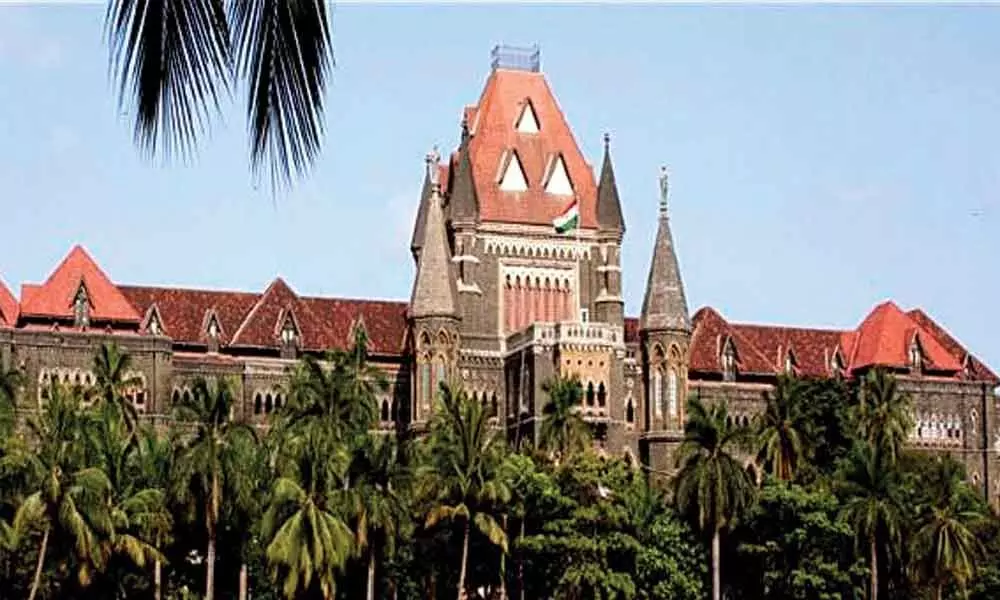
Bombay High Court
Bombay High Court has thrown some pertinent questions to the journalists in India when it sought to know whether they have given a go-by to journalism's basic norms and etiquettes, particularly while reporting on the suicide of a public figure
Bombay High Court has thrown some pertinent questions to the journalists in India when it sought to know whether they have given a go-by to journalism's basic norms and etiquettes, particularly while reporting on the suicide of a public figure. The question does not come as a surprise going by the coverage of news channels in so-called sensational cases. The despicable coverage and the race for the TRPs makes the deceased persons turn in their grave (if they are buried).
The reference in this particular case was to Sushant Singh Rajput's suicide and the 'tamasha' surrounding it. All of us have noticed how a channel tried to turn this into a national issue first and later into almost an issue of nationalism. It also deliberately meddled in the 'drugs' issue and sought to tarnish the Bollywood drawing the ire of the movie moguls. This apart, the channels (at least one) relentlessly attacked the Maharashtra Government. Foreign media was so puzzled initially that it remained silent and then woke up the nonsense being churned out in the name of debates on prime time to call it macabre.
No doubt, the Bench dealing with the case led by the Chief Justice Dipankar Datta and Justice G S Kulkarni which was hearing submissions by news channels in the PILs filed against media trial, though it fit to comment thus on the exuberance of the motivated media. The Court on Wednesday raised concerns on the kind of "investigative journalism' being carried out by news channels, commenting "putting up messages on the channel and then discussing evidence, is that investigative journalism?" "You did not even leave the deceased! Forget the witnesses," the Court said. During the course of the hearing, the Court also enquired with Additional Solicitor General Anil Singh, who appears for the Central Government, on how the government was not regulating the airwaves, which was public property, leaving it open to misuse by the media. This is a relevant point to be noted.
The question regarding misuse of the airwaves - a public property - is cardinal here. No one so far thought in these lines as if the channels owned the airways whereas they only leased it to air news not their political views alone. Of course, the Additional Solicitor General had gone ahead and clarified that the State owned airwaves, but no control over the content being transmitted through. The News Broadcasters Federation argues that there should be no government supervision over the media, but where is the self-regulating mechanism that is touted much?
While arguing that there should not be any government supervision over the media, the channels argued on the lines that they know the best. It certainly is not the case. The problem is that the media in this country thinks what it seeks to air is what the nation seeks to know. People have too many problems on hand and they seek solutions to those so that their lives become easier. Soap operas at least entertain their viewers but not views of individuals with bloated egos!










